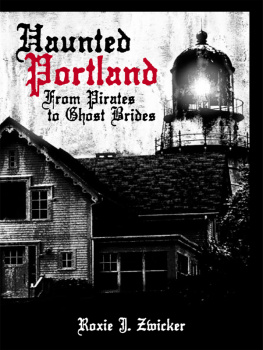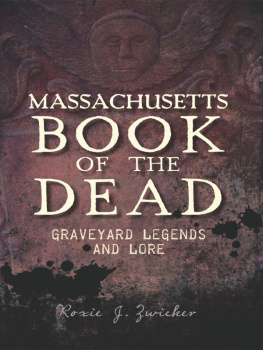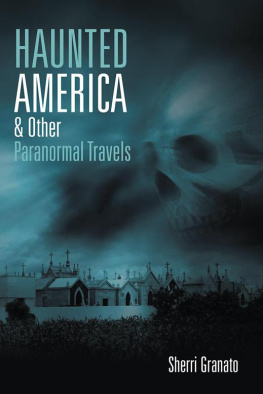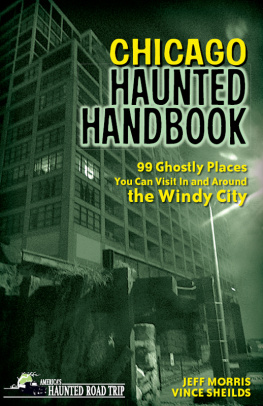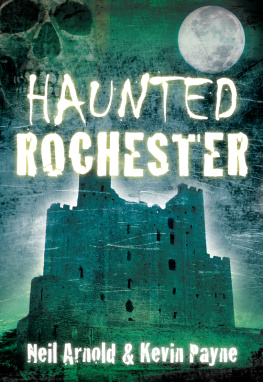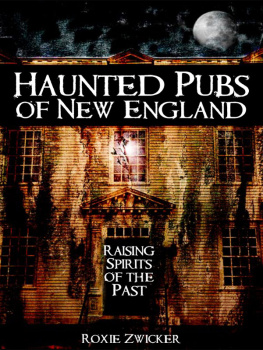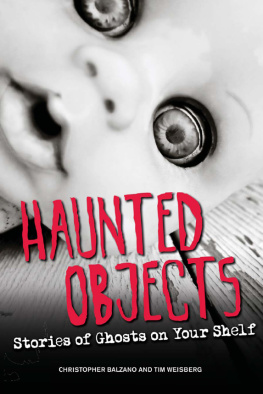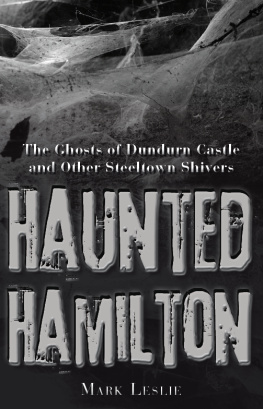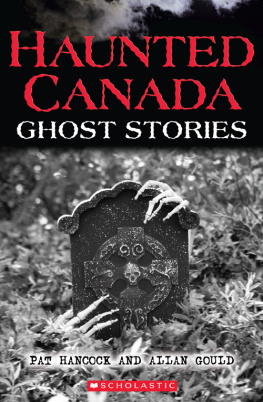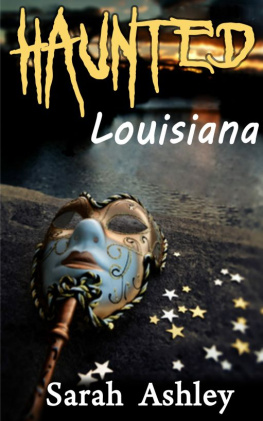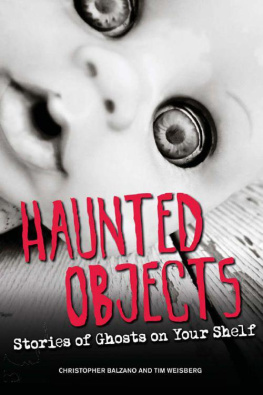

Published by Haunted America
A Division of The History Press
Charleston, SC 29403
www.historypress.net
Copyright 2007 by Roxie J. Zwicker
All rights reserved
Cover design by Marshall Hudson.
All images courtesy of the author.
First published 2007
e-book edition 2013
ISBN 978.1.62584.412.5
Library of Congress Cataloging-in-Publication Data
Zwicker, Roxie J.
Haunted Portland : from pirates to ghost brides / Roxie J. Zwicker.
p. cm.
Includes bibliographical references.
print edition ISBN-13: 978-1-59629-282-6 (alk. paper)
1. Ghosts--Maine--Portland. 2. Haunted places--Maine--Portland. I. Title.
BF1472.U6Z945 2007
133.10974191--dc22
2007029683
Notice: The information in this book is true and complete to the best of our knowledge. It is offered without guarantee on the part of the author or The History Press. The author and The History Press disclaim all liability in connection with the use of this book.
All rights reserved. No part of this book may be reproduced or transmitted in any form whatsoever without prior written permission from the publisher except in the case of brief quotations embodied in critical articles and reviews.
To those who truly believed in me.
And to those who believe.
Contents
Introduction
Does this book have you wondering about the haunted past of one of Maines most fascinating cities? It seems as though in this old city, ghost stories are told in a whisper, if they are told at all. It has been quite a challenge to unearth these tales to share with you. While there are ghostly tales about Portland, they have been hiding in old newspaper articles and lingering in dusty archives. Visiting these places and asking questions has certainly helped to set the scene, yet I left with even more questions. Why does it seem that many people are hesitant to talk about ghosts or haunted places? Could it be an old Yankee attitude that ghosts are nothing more than folklore, and a practical person wouldnt and shouldnt discuss the paranormal? Is the haunted history dark and evil? Why should we dredge up stories of spirits in this modern and scientific world? Could the acceptance of a belief in the paranormal bring about other questions, ones that we may be afraid to answer? Certainly some stories have dark moments, where mysterious shadows may overtake the light of our day-to-day world.
The beginnings of New England folklore arrived with the first settlers, and many tales carried through the Native American culture. There are numerous books from the eighteenth and nineteenth centuries that have New England folktales; all one has to do is to take a look. Samuel Adams Drake, William Root Bliss and Nathaniel Hawthorne are just a few of New Englands early writers, assembling true tales, tall tales and mysteries of the Northeastern states.
A quote by Nathaniel Hawthorne states it simply: Blessed are all simple emotions be they dark or bright. Thinking about that statement certainly makes one think. We cannot have light without dark; could we also say we cannot have a house with a compelling history that does not yield a few shadowy ghost stories? With some of the oldest settlements in the country and the tragedies that were a part of each, there is some latent impression that has remained over the years. Ghost stories can also be another way to view and understand a locations history and legacy.

The city of Portland blends the past with the present.
We didnt always have television or the movies to entertain us. In the early days of our nation our entertainment was stories that were passed down to us from others in our small but growing communities. Some storytellers went from town to town telling their tales, and in many cases picking up more tales along the way. Added to their collection were the stories of the spirit world, which go back thousands of years and are found in every culture on the planet. The stories created superstitions and legends that weaved their ways into the history books. From ancient literature to historic customs, mysterious history is all around us in New England. Are we so set in our modern ways that we cannot accept the possibilities of what we may not know? These tales all have ties to the past. Be it a historic location, person or event, these are the tales that grew up around them, and the stories continue to grow and evolve as time goes on.
A poll by the Gallup organization in 2005 revealed that nearly 75 percent of Americans believe in paranormal activity in some form, including ESP (41 percent believed), haunted houses (37 percent), ghosts (32 percent) and communication with the dead (21 percent). With that being said, I invite those of you who are skeptical, those who love a good ghost story around the campfire and some of you who may have always wondered about that house down the street to step into the haunted past of Portland, Maine. Through these pages, I promise you will not look at some of these locations the same again.
To set the scene, let us examine the history of this fascinating city. Portland accounts for one quarter of Maines total population and is the largest city in Maine. Portland was originally known as Machigonne, which meant great neck in the local Native American language. The first official settler in the Portland area was Walter Bagnall, who in 1628 set up a trading post on Richmonds Island. Unfortunately, he was murdered in 1631 because he cheated the Indians with whom he had traded. In 1632, when English settlers arrived to establish a fishing and trading settlement, the name was changed to Casco. The first dwelling was built on what is now the corner of Hancock and Fore Streets. In 1658, the name of the settlement was changed to Falmouth by the Massachusetts commissioners, as the state of Maine had not yet achieved statehood. In 1675, the city of Falmouth was completely destroyed by the Wampanoag tribe and their allies during King Philips War (King Philip was the English name given to the chief of the Wampanoag). King Philip felt his people had been wronged by the colonists, and he led a brutal campaign against the settlers. In 1676, all of the thirty-four colonists in Falmouth were either captured or brutally killed. The Indians set the new colony ablaze and burned the small village to the ground, leaving nothing but a charred landscape.
In 1678 the settlement was rebuilt, but continued conflict between settlers and natives led to the citys destruction a second time in 1690. The Indians ambushed thirty men who were suspicious of the Indians activity on Munjoy Hill. Fourteen men from the party of colonists were killed, while the others escaped to the newly built garrison house. Later that night under the cover of darkness, the white men fled to Fort Loyall. Once again the homes and structures of the new settlement were reduced to ashes by a rampant fire set by the Indians. While at the fort, the townspeople were under siege by both the Indians and the French. The French promised the surrounded townspeople an opportunity to leave the fort and told them that they could leave unharmed. However, the French went back on their word, and as soon as the gates to the fort opened, the townspeople didnt have the slightest chance. The Indians were given free reign to murder and scalp the settlers, and they did so with a bloodlust the village had not yet seen. There was not a sole survivor, and for two years the bodies were left where they were slain, as the dark shadow of the village remained quiet and uninhabited.
Next page
